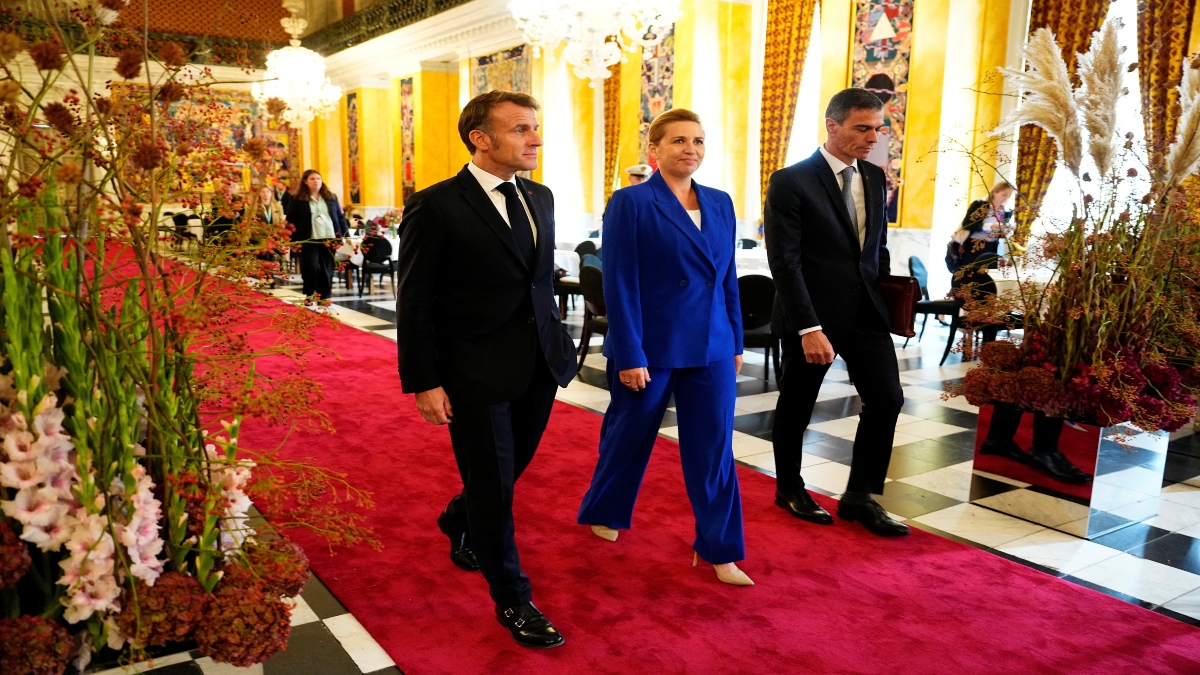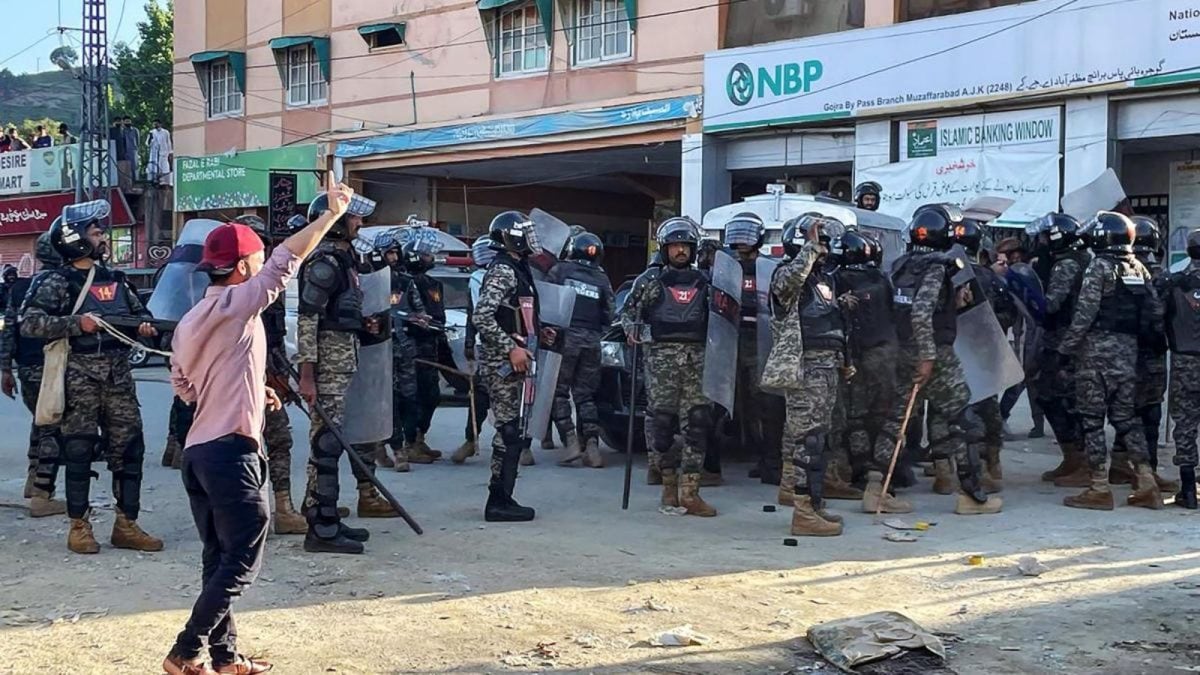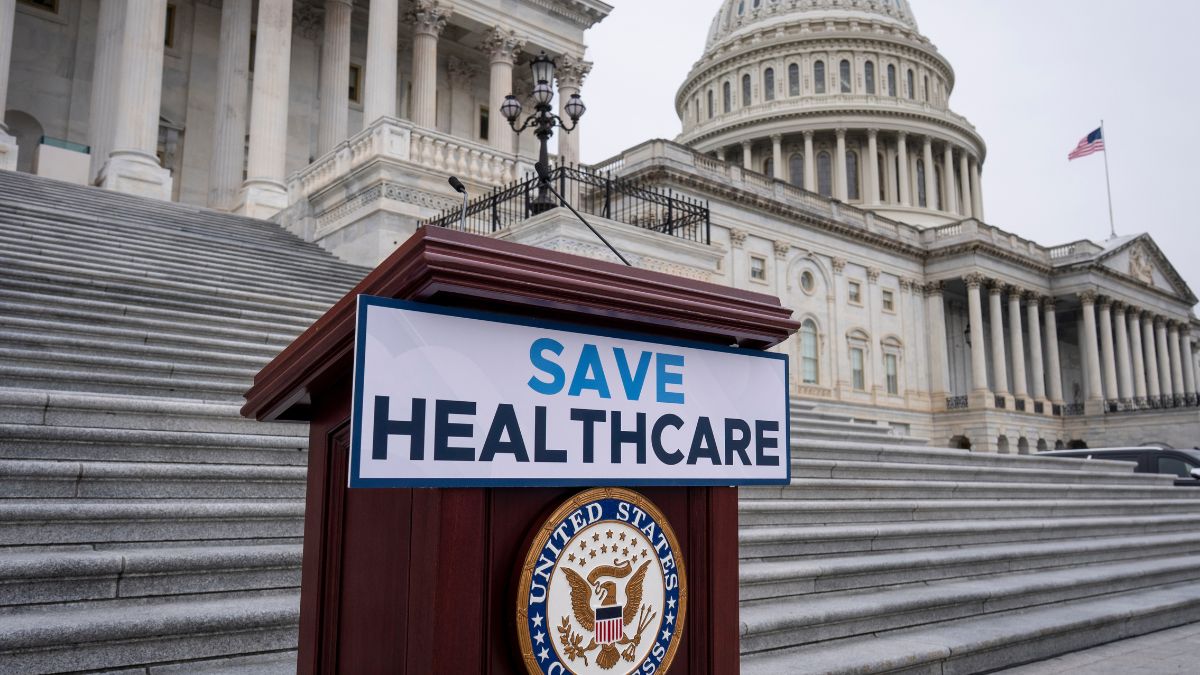The summit also marked the first formal debate among the EU’s 27 member states on a contentious proposal to use frozen Russian assets in Europe to finance a substantial aid package for Ukraine
European Union leaders met in Copenhagen on Wednesday, backing the creation of a coordinated “drone wall” to strengthen the bloc’s eastern defences against growing Russian drone threats.
The summit also marked the first formal debate among the EU’s 27 member states on a contentious proposal to use frozen Russian assets in Europe to finance a substantial aid package for Ukraine.
While the primary focus was on enhancing drone defence capabilities, several leaders argued that the focus should extend beyond just drone defences, calling for a more comprehensive approach to regional security.
The meeting came just days after drone incursions disrupted air traffic in Denmark, heightening concerns across the EU. European authorities have accused Russia of increasingly bold airspace violations, including recent drone flights over Poland and fighter jet incursions into Estonian airspace.
Though Denmark has not officially named a culprit, Prime Minister Mette Frederiksen hinted at possible Russian involvement, saying the incidents “should be seen in a broader geopolitical context.”
The incidents underscore the growing perception among EU leaders that Russia poses a long-term threat to European security — a view that has intensified since its 2022 invasion of Ukraine.
The push to bolster defences also aligns with long-standing demands by US President Donald Trump, who has repeatedly urged European nations to take greater responsibility for their own security and for supporting Ukraine.
“Russia tries to test us. But Russia also tries to sow division and anxiety in our societies. We will not let this happen,” Reuters quoted European Commission chief Ursula von der Leyen as saying as she arrived at the European Union summit in Copenhagen.
Security at the summit was reinforced with troops and anti-drone systems provided by other European nations, while all drone flights over Denmark have been temporarily banned until Friday.
Ursula von der Leyen last month proposed the creation of a “drone wall” — a coordinated network of sensors and defensive systems designed to detect, track, and neutralise hostile unmanned aircraft along Europe’s eastern border.
The proposal came just hours after around 20 Russian drones breached Polish airspace, though officials said the idea had already been in development.
The incursion revealed significant gaps in Europe’s drone defence capabilities, prompting a swift Nato response that included deploying fighter jets, helicopters, and a Patriot air defence system to intercept and destroy several drones.
Nato Secretary General Mark Rutte this week endorsed the drone wall initiative as “timely and necessary,” a view echoed by multiple EU leaders during Wednesday’s meeting in Copenhagen.
“Russia will continue and we have to be ready, we have to strengthen our preparedness,” Reuters quoted Finland’s Prime Minister Petteri Orpo as saying.
The Commission, the EU’s executive body, has not yet produced a detailed plan for the drone wall, leaving open questions about the cost and practicalities.
Italian Prime Minister Giorgia Meloni urged EU leaders not to overlook the bloc’s southern borders amid growing focus on fortifying the eastern flank. Meanwhile, French President Emmanuel Macron called for a more comprehensive strategy to counter the drone threat.
“In reality, we need advanced early-warning systems to better anticipate threats,” Macron told reporters, also highlighting the need for long-range strike capabilities as a deterrent.
Russia, for its part, has denied any involvement in the recent drone incursions over Denmark, rejected claims that its fighter jets entered Estonian airspace, and said it had no intention of sending drones into Poland.
Kremlin spokesperson Dmitry Peskov dismissed Europe’s proposal for a “drone wall,” saying, “As history has shown, erecting walls is always a bad thing.”
On the controversial proposal to use frozen Russian assets in Europe to back a large financial package for Ukraine, the Kremlin swiftly condemned the idea, calling it “pure theft.”
With inputs from agencies
End of Article

)

)